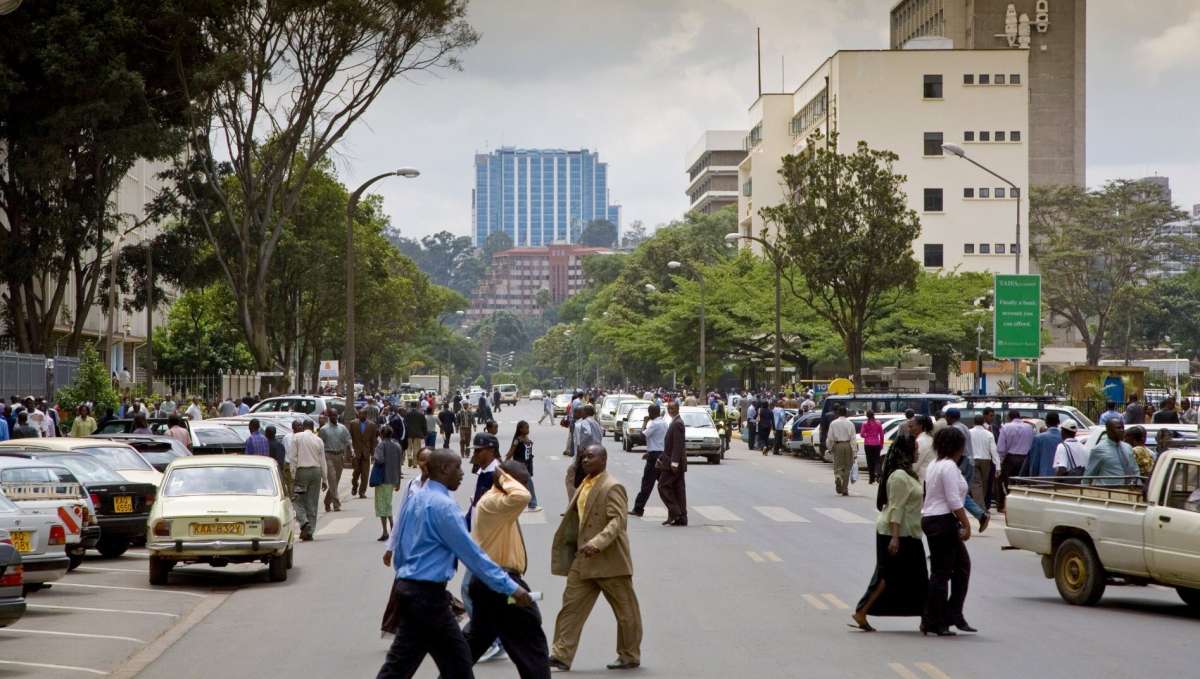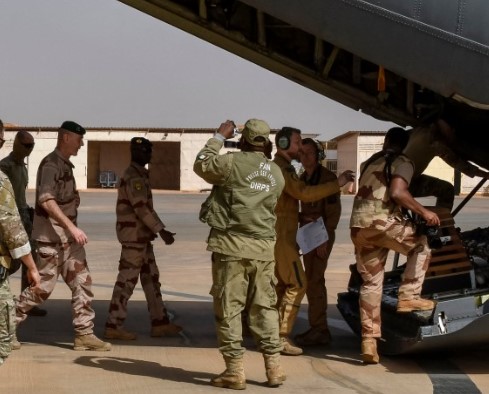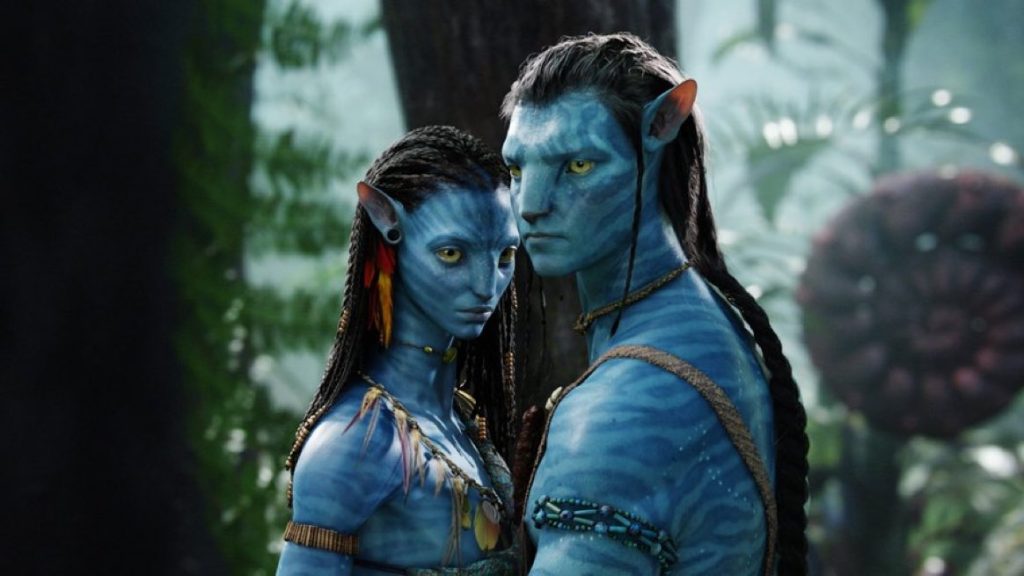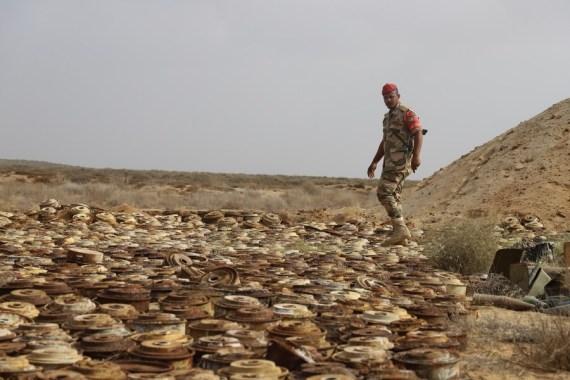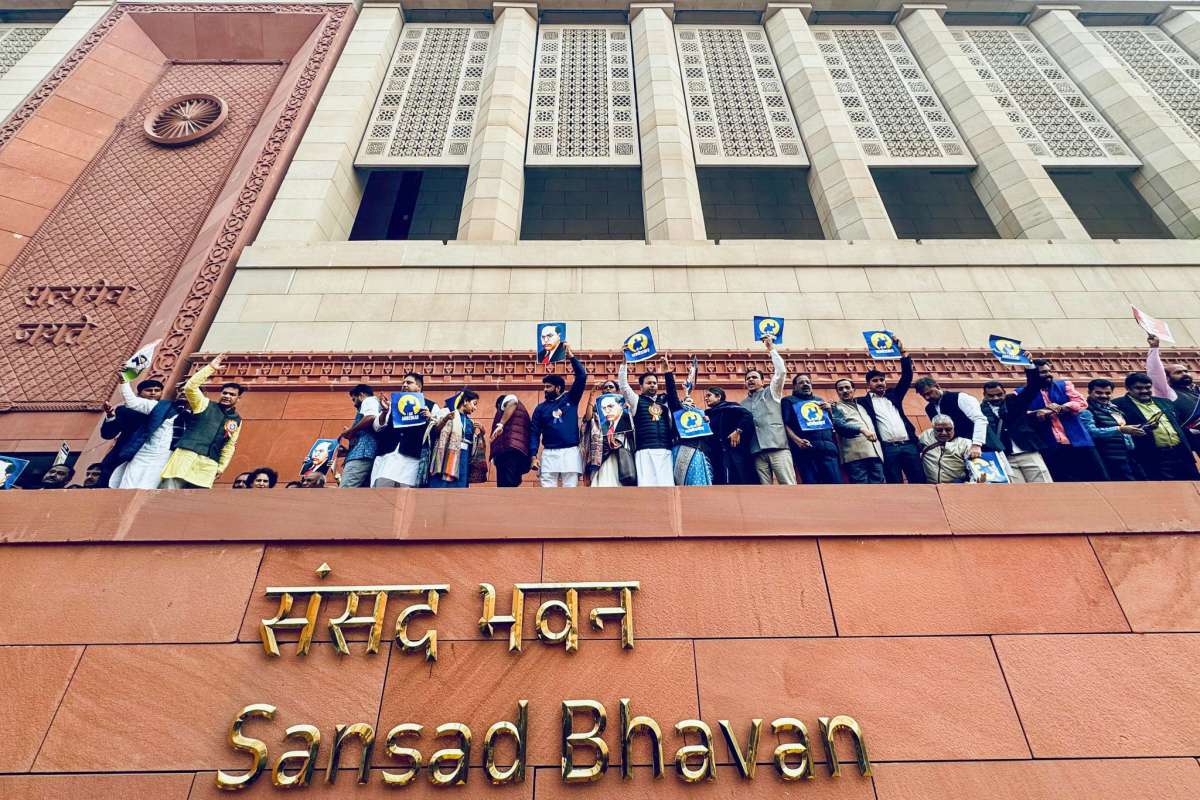The US want to wrest control of the supply chain for electric car batteries from China in Africa, where reports of child abuse and forced labour are rampant.
In order to counter China in Africa, which has made inroads with investments and trade, the US sought to expand its influence by bolstering trade ties in the continent, writes Arianna Skibell in Politico.
Biden administration is planning investments in the supply chain for electric car batteries in Africa. The US want to wrest control of the supply chain for electric car batteries from China in Africa, where reports of child abuse and forced labour are rampant, writes Politico’s E&E News reporter David Iaconangelo.
Notably, China is playing out in African mines. Zambia and Congo are major sources of cobalt and copper, key ingredients for lithium-ion batteries.
Once extracted, the bulk of those minerals are exported to China, where 75 per cent of the world’s lithium-ion batteries are made, writes Skibell.
The US wants to disrupt that flow by helping Congo and Zambia not only extract minerals but also process, manufacture and assemble them into batteries.
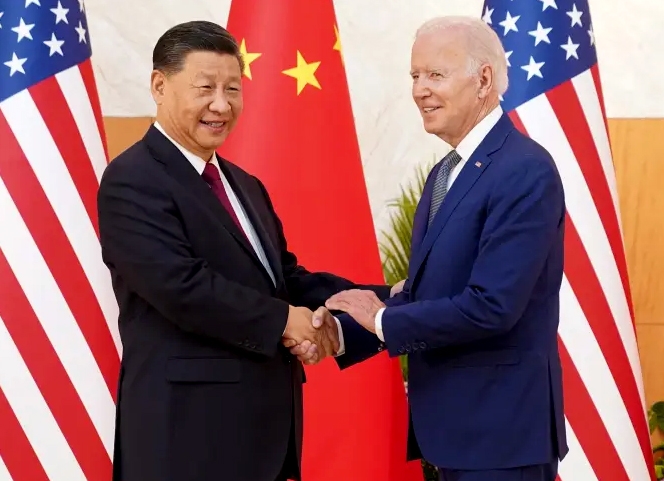
“This is the future, and it is happening in (Congo) and in Zambia,” Secretary of State Antony Blinken proclaimed last month at the signing of a US agreement with the central and southern African nations.
While the US agreement to help these African countries create a competitive battery industry doesn’t mention China, success there could create a new base for competing against the Asian superpower.
At the same time, it could open the door for new partnerships with US car companies, reported Politico.
That could be crucial for helping President Joe Biden meet his goal of having electric vehicles account for half of all new US car sales by the decade’s end.
ALSO READ: Heading BRICS a big opportunity South Africa
Analysts predict a looming supply shortage of critical minerals, reported Politico.
Progress on the world’s rising climate action ambitions could be undermined by a shortage of some of the critical minerals used in clean-energy technologies including wind turbines, solar farms and electric vehicles (EVs), unless governments act now to head off a “looming mismatch” in supply and demand, according to a far-reaching report from the International Energy Agency (IEA).
It is pertinent to note that Chinese trade with Africa is about four times that of the United States. Beijing has become an important creditor by offering cheaper loans – often with opaque terms and collateral requirements – than Western lenders.
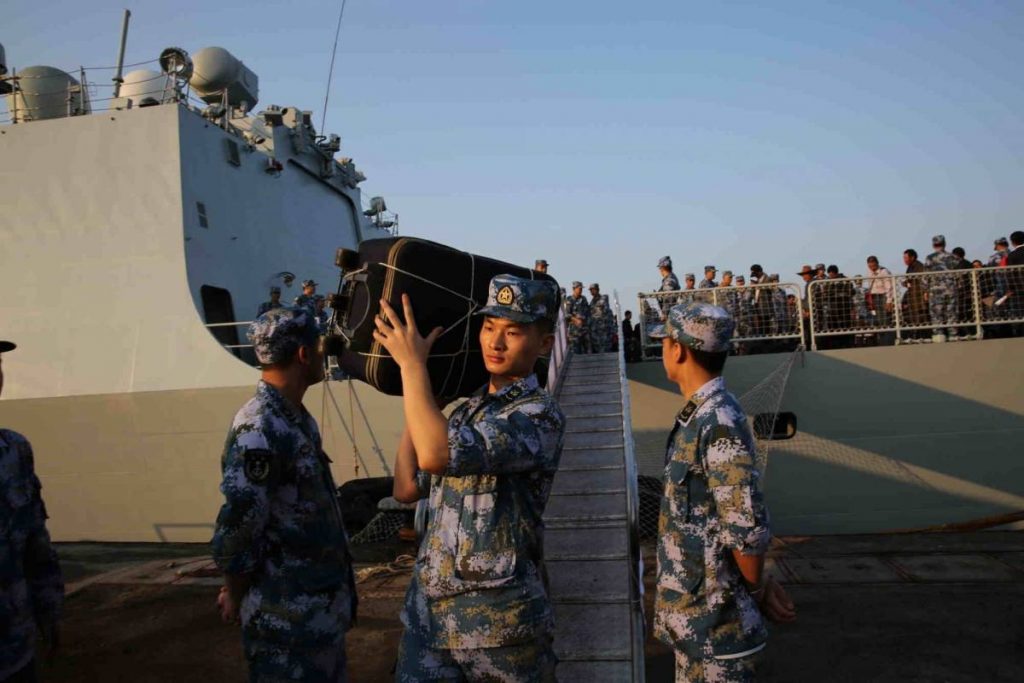
According to a Eurasia Group analysis, in 2021 China-Africa trade, at USD 254 billion, vastly outstripped US-Africa trade, which stood at USD 64.3 billion. Those figures are up from USD 12 billion and USD 21 billion, respectively, in 2002.
Western leaders have sharply criticized what they see as Beijing’s foot-dragging in addressing the heavy debt burden facing many African countries.
China remains the region’s largest bilateral investor, but its new loan commitments to Africa have declined in recent years.
It’s not all about economic sway – Washington has been alarmed by China’s efforts to establish a military foothold in Africa, including on the Atlantic coast in Equatorial Guinea. (ANI)
